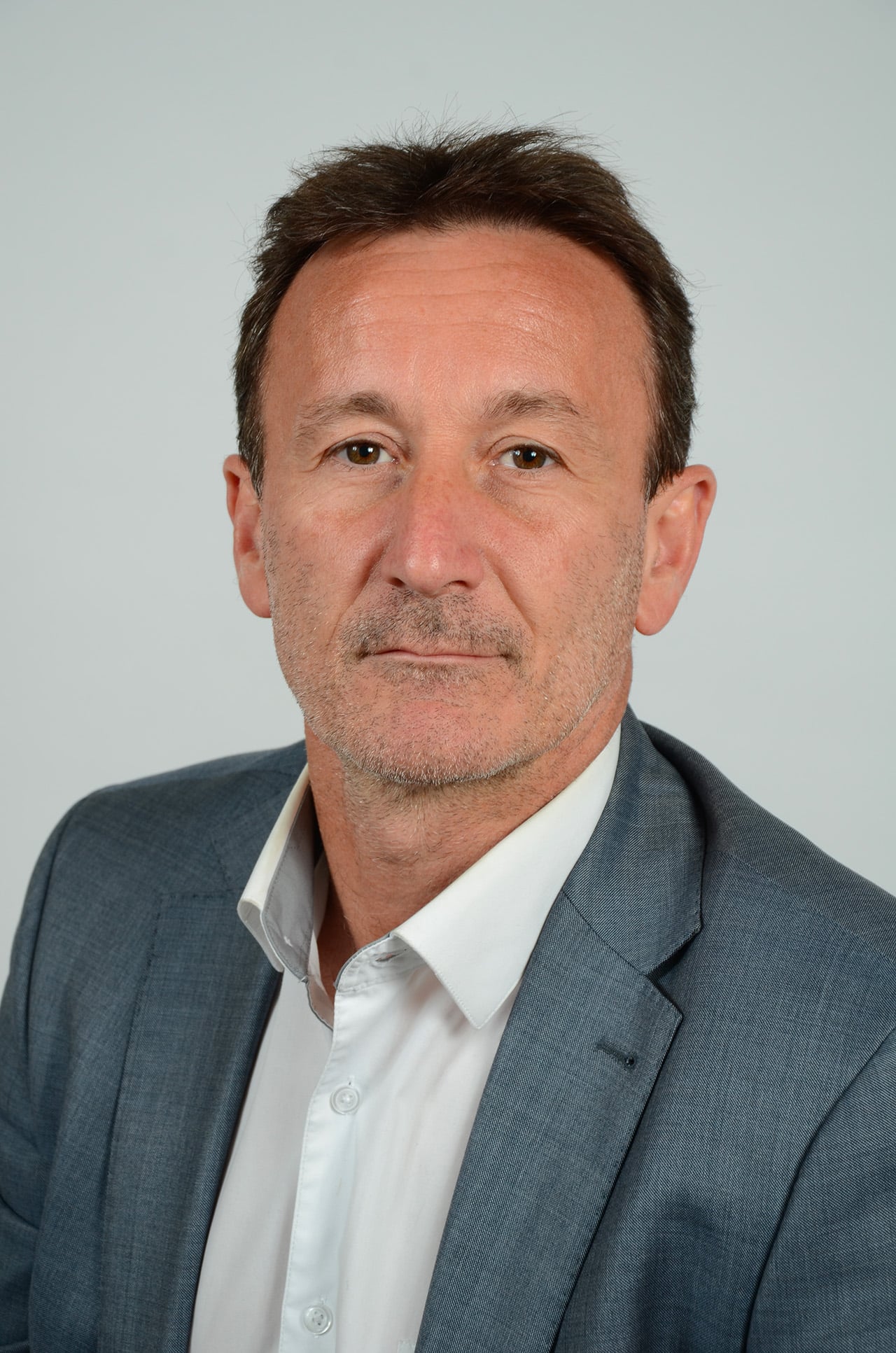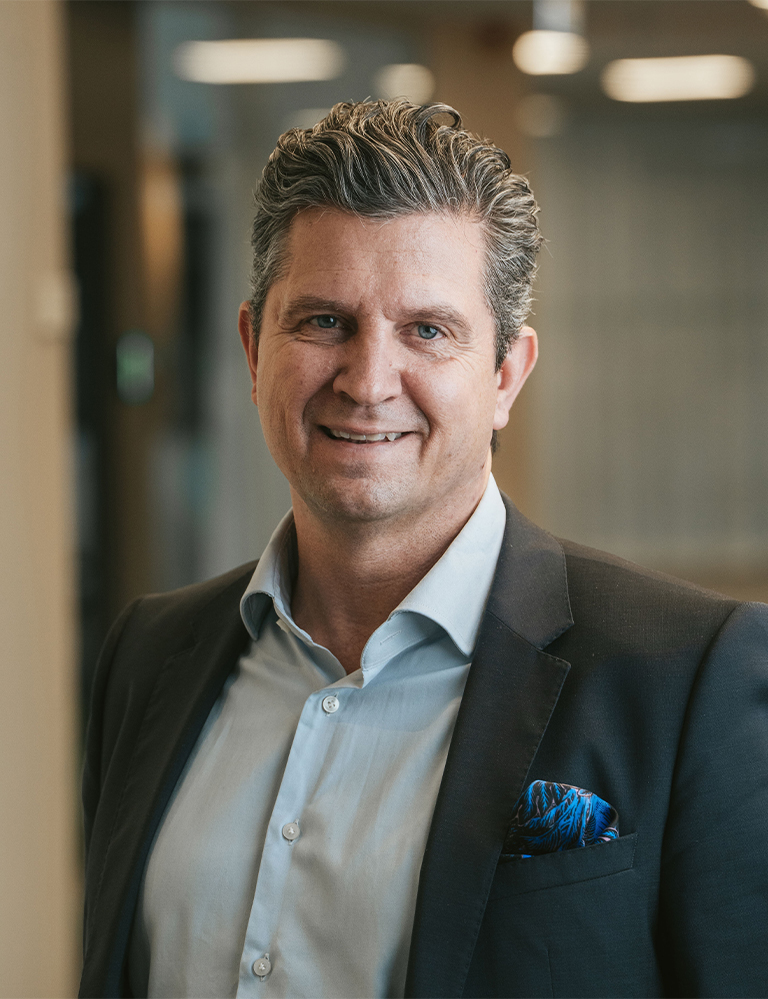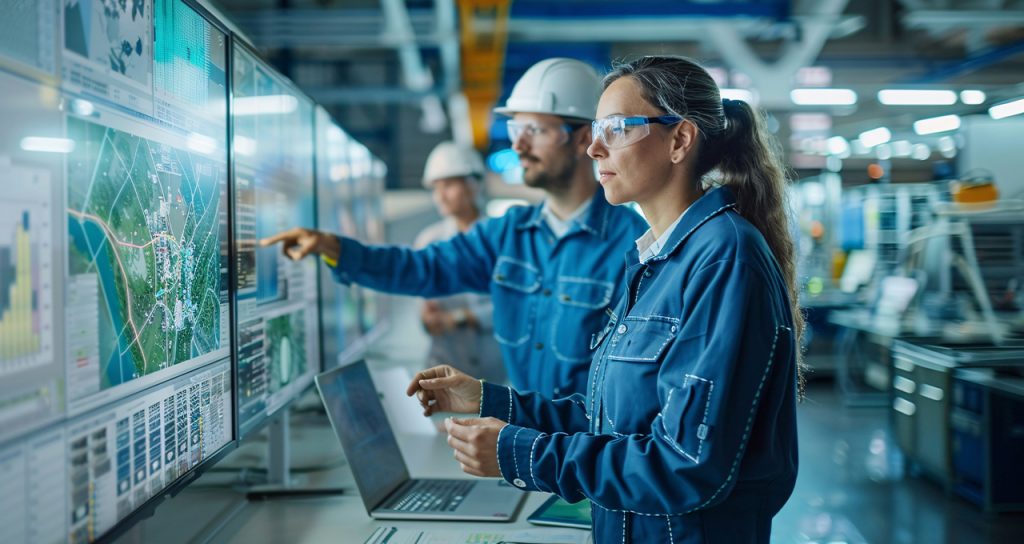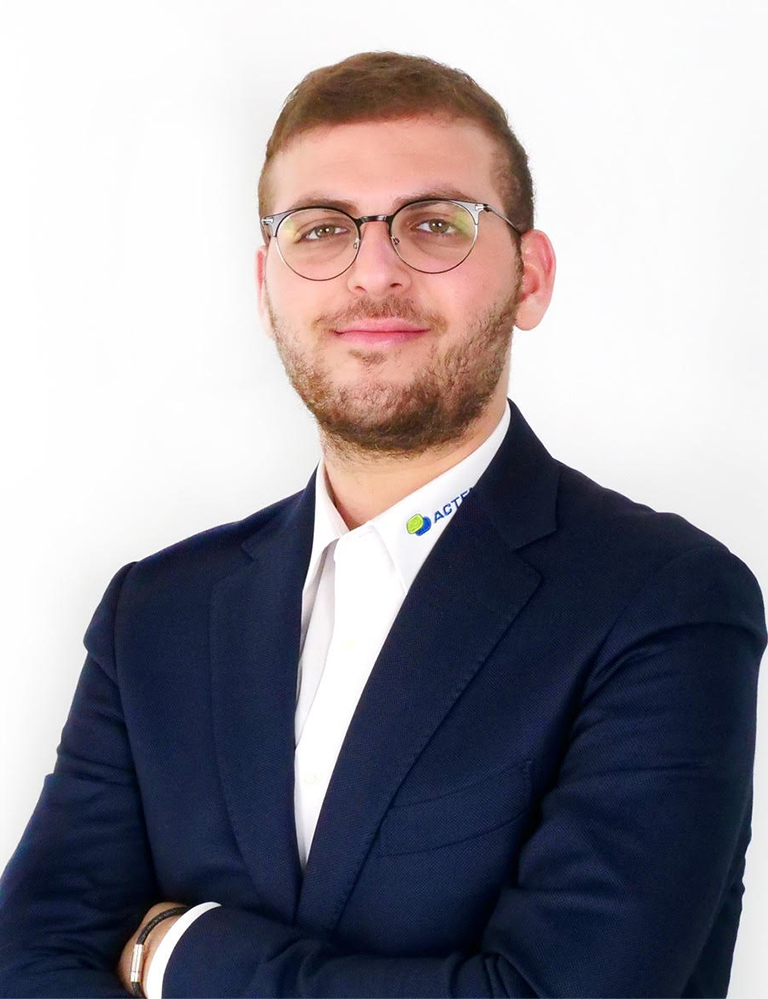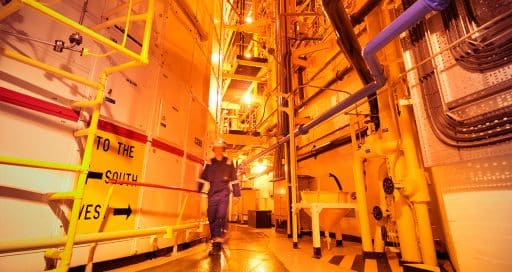
To successfully industrialise nuclear means resolving two issues: skills shortage and operational efficiency/security.
France’s announcement of its intention to build new EPR2 reactors is more than a major political development, it’s a tipping point. When I took over the management of the VINCI Energies nuclear division in 2019, the general trend was still towards rendering the sector invisible.
In the space of two years, due to the effect of both the climate crisis and energy market pressures, exacerbated by the war in Ukraine, a paradigm shift has occurred. The critical nature of environmental issues and the extreme volatility of the energy market have put nuclear power back at the centre of the energy debate and indeed the energy mix. Nuclear power is no longer taboo. Three years ago, only half of French were in favour of it. Today, 75% of them are.
A new vision
This new energy vision will be implemented along several lines. In the 1970s, it was agreed that, for safety reasons, power stations could not operate for longer than 40 years. It was this rule that led, among other things, to the decision to shut Fessenheim.
Today, the legislator is looking into extending plant lifetime to 60 years or beyond, as is the case in the US. Furthermore, the French government in 2022 approved the construction of 6 new next-generation (EPR2) reactors – the first of which could be commissioned in 2035 – and 8 additional reactors are under consideration. So we are at a crossroads.
Large-scale programme
France is now embarking on a large-scale industrial programme which is set to mobilise significant resources over several decades. The challenge is all the greater since political decisions taken in recent decades have ended up slowing the momentum and performance of a sector which ultimately represents €50 billion in revenue and employs 220,000 people.
Our goal is to strengthen our role as leading player in the sector.
In order to make a success of this shift towards nuclear expansion, we – and I mean all stakeholders – must meet two major challenges, key to the smooth running of such a vast project.
The skills factor
The first of these challenges relates to skills. The sector will need to recruit 10,000 to 15,000 full-time equivalent employees per year over the next 10 years. To do this, further partnerships will need to be set up with engineering schools and institutions that train young people in operational trades (delivering vocational diplomas, advanced technician’s diplomas, etc.).
EDF recently opened nuclear academies. At VINCI Energies, we are not ruling out the possibility of establishing our own training programmes and of widening the scope to more diverse audiences and to more women.
But recruiting people is not enough. You have to retain them over the long term. It takes 10 years, at best, to build a reactor. So it’s important to offer attractive career prospects and to innovate from a management perspective.
The operational excellence requirement
The other main challenge lies in operational excellence and safety. The sector as a whole is committed to a quality approach.
The French Nuclear Industry Association (GIFEN or Groupement des industriels français de l’industrie nucléaire) has launched a programme called Match which aims to consolidate and share workloads, matching deployment needs and resources across France. In 2020, EDF initiated the Excell plan to transform the sector.
We ourselves in 2021 launched the AVENIR (future) plan to incorporate our processes and those of our stakeholders into a systematic continuous improvement drive. The objective is to deliver what we call “getting it right first time”.
VINCI Energies’ goal
The VINCI Energies nuclear division is still in its infancy, since it was set up in 2012. It currently employs 2,000 people and generates €300 million in sales. It is likely that this figure will rise in the years ahead. And we expect to recruit a lot of new staff in the coming years.
Our goal is to strengthen our role as leading player in the sector by supporting EDF with our expertise in design, engineering, works and maintenance. The industrial shift in the nuclear sector is necessary for the transition to low-carbon energy. And as such it’s an area of common interest.
16/03/2023
